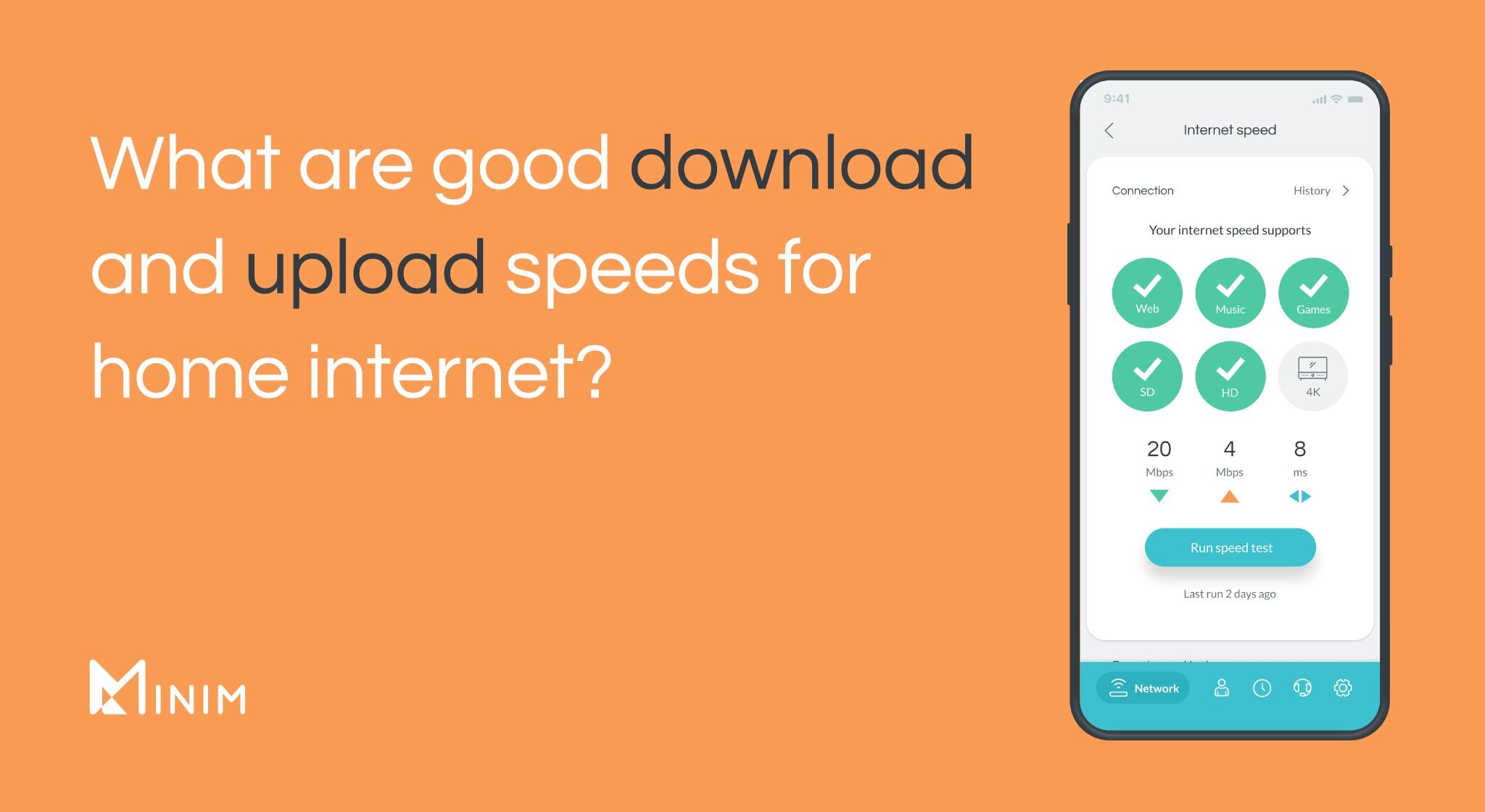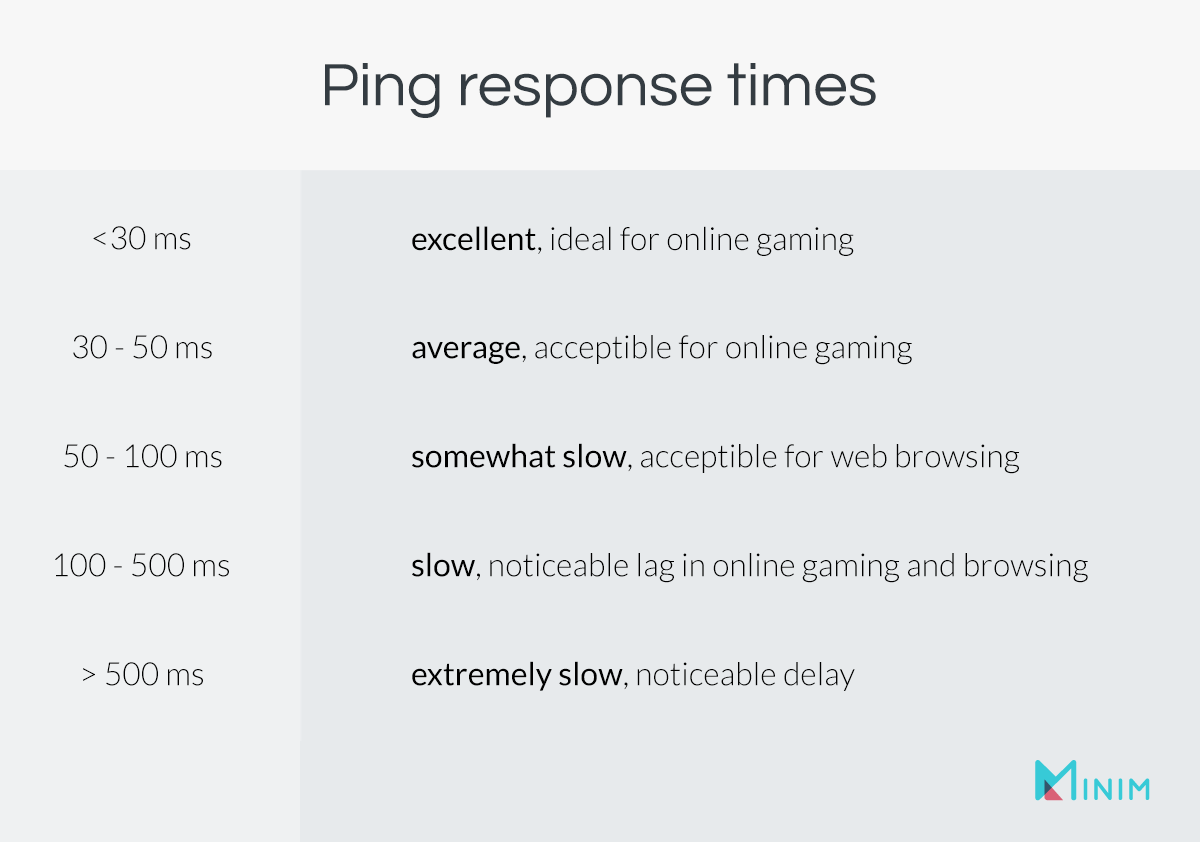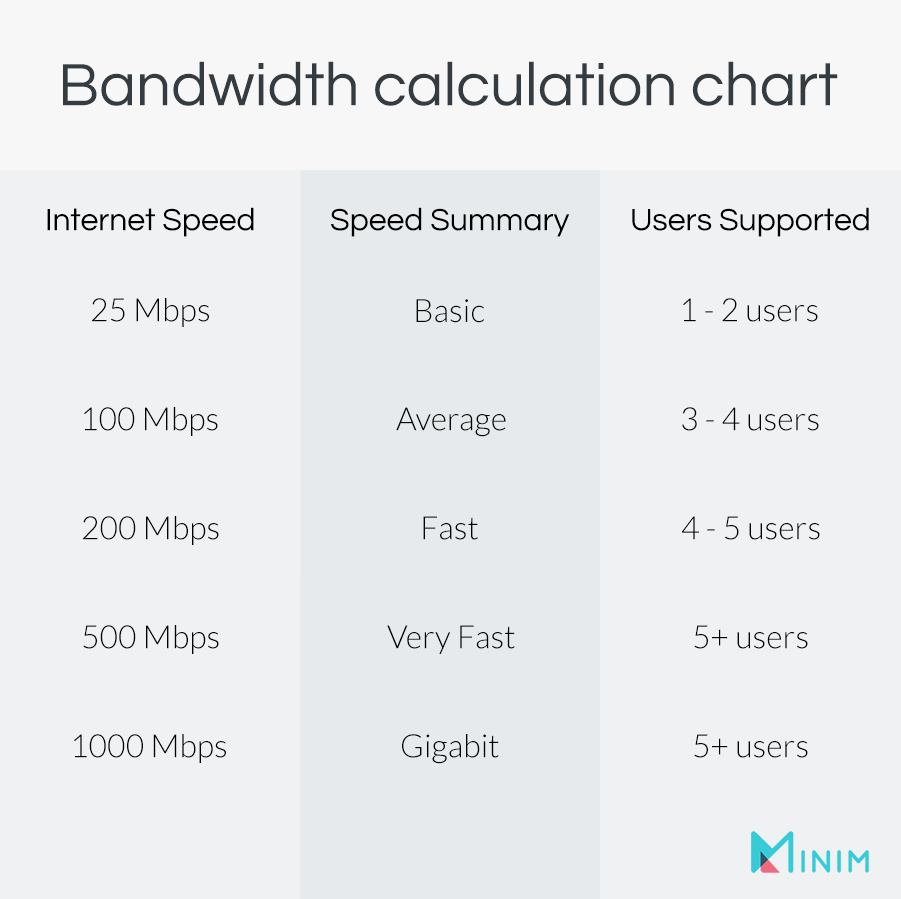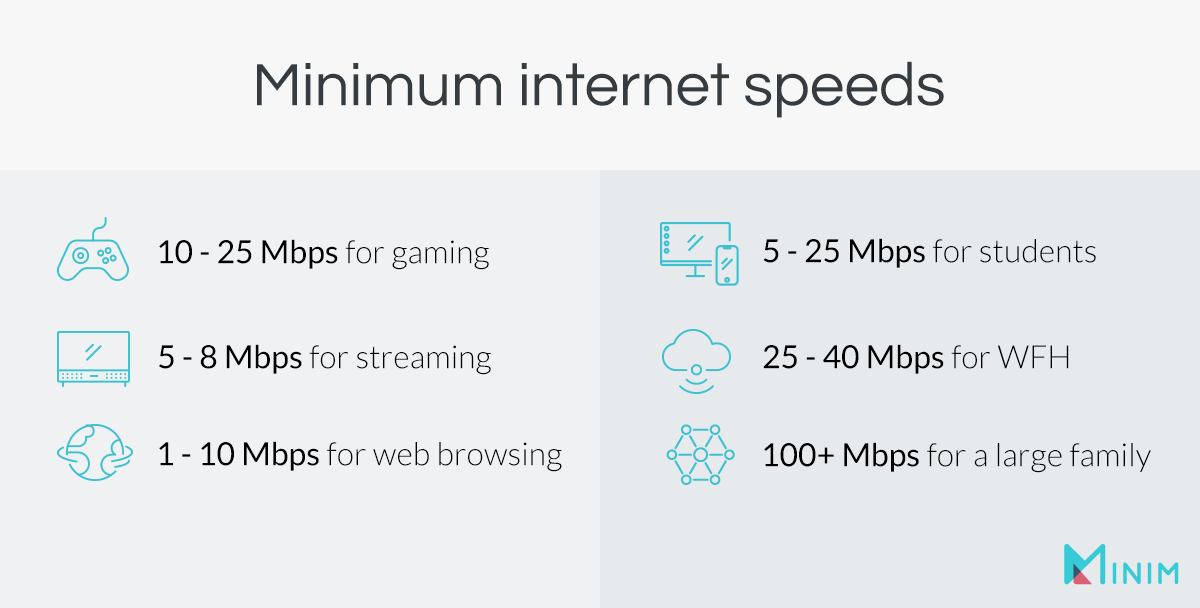What Are Average Download and Upload Speeds

Have you ever wondered near what internet speed parcel you should cull for your household? Are you worried you're paying besides much for a bundle you aren't using all of? We all want fast net, but sometimes we just don't need the fastest service available. In this blog, we break down the terms you'll see from your isp, discuss how to test cyberspace speeds, and guide you to a smarter, more than informed purchase. Download speed refers to the speed at which your net connectedness is able to retrieve data from the cyberspace. Upload speed refers to the speed that your internet connection can allow data to be sent from your devices to the internet. When purchasing cyberspace packages, it's frequently the download speed that's advertised. Download speeds are much more important than upload speeds for an average net user as most of the activity you do depends on it. Streaming videos, for example, use download speeds, whereas upload speeds are only utilized when a user is uploading a photo to social media. A user is more likely to utilize download speeds than upload speeds. Upload speeds for home internet are often virtually ane/10 th of the speed of your download speed. Good internet speeds are determined (and sometimes restricted) past individual needs and location of where your services are needed. For instance, if your household is located in a rural surface area, chances are yous might have a cap on the maximum speeds available for your household because of the networking infrastructure congenital in your expanse. Co-ordinate to the FCC, a student would need anywhere between v and 25 Mbps, whereas a person who streams videos or browses the internet would only demand between 1 and 8 Mbps. Mbps stands for megabits per 2d and is a unit of measurement of measurement for the amount of data that can exist transferred every second. It's used when determining cyberspace bandwidth speeds. In that location are many factors to take into consideration when determining what speeds are "adept" for your specific state of affairs. A household who has a gaming system might need a minimum of ten - 25 Mbps, but might too need an additional 1 - 10 Mbps of bandwidth to support other functions that are occurring at the same time. It depends on the corporeality of internet users in the family who are besides using the bandwidth in your abode. When because the quality of your broadband connection, another important measurement is latency—an important criterion when it comes to gaming and streaming because of its ability to impact gameplay or buffer times. A lag in online gaming tin can have consequences, for case, but when browsing the spider web, information technology isn't as important. A ping examination is a request for a response that's sent to a host to measure the latency, or time elapsed, in the response. Latency is the quantifiable delay (usually measured in milliseconds) of data transfer between your local computer and a remote server. At that place's a higher latency betwixt a server in Europe versus a server in the The states, for example, fifty-fifty when using the aforementioned reckoner. The all-time latency speed you can have is nix. Sometimes, the terms latency and ping are used interchangeably. Ping is too measured in milliseconds, with an boilerplate ping fourth dimension landing anywhere between xxx ms and fifty ms. Ping depends on where the remote server is located that y'all're trying to ping, where you're located, and the distance between the two. Practice you desire to know what your current internet speeds are? Are you because an upgrade to your current services? There are some handy tools online that can help with finding your current internet speed, ping times, and even more than statistics so you lot can brand a more informed purchase. With these free services listed beneath, you lot can even track outages and log your speeds on unlike days at different times. Here are some examples: Allow'south be honest: choosing the right internet speed for your home depends on your budget and your needs. Below are some tips on what you should aim for when purchasing your internet package or upgrading your current net services. Any speeds that clock 200 Mbps or above are considered "fast." Annihilation close to or at one thousand Mbps is considered a Gigabit speed or service. These are premium service packages and are often only available in certain areas where service providers accept networks set up to sustain these speeds. Well-nigh households don't require this kind of speed, withal. Usually, these speeds are reserved for businesses or high-traffic, high-need networks like university campuses. The speed your household actually needs is likely less than yous think. It'south pretty standard for virtually of today's households to need 25 Mbps of bandwidth speed. Of class, there are ever other factors that play into your decision, and your individual needs should always be considered offset. This can be the biggest factor in a household'southward needs for cyberspace bandwidth. If you're an gorging gamer or have children who participate in online gaming matches, the minimum speed you lot should have is iv - viii Mbps. This is to go on gaming sessions costless from lag, framerate drop, and crashing. We recommend anywhere from x - 25 Mbps if possible to ensure a smooth gaming experience that won't affect other devices in the house trying to utilize the internet at the same time. The most frustrating aspect when information technology comes to streaming is buffering. Information technology can ruin moving picture night and lead to boredom during at-abode quarantine. We recommend at to the lowest degree 3 to 4 Mbps for standard definition video streaming, 5 to viii Mbps for high definition video streaming, and at least 25 Mbps for streaming Ultra HD 4K videos. Web browsing and social media scrolling don't accept much bandwidth on a network. We recommend anywhere from 1 to 10 Mbps for these activities at whatsoever signal in fourth dimension. Working from abode presents a new fix of challenges for the domicile network. From video conference calls to streaming, WFH jobs need more than standard usage--especially when a family has children and other high-bandwidth users hogging the internet at the same fourth dimension. We recommend at to the lowest degree 40 Mbps for working from home. The amount of bandwidth that'due south used is a lot more for large file transfers, video conferencing, streaming, emailing, computer programs, and more. If you still aren't certain what you need, you tin use this handy calculator by BroadbandNow to determine the minimum internet speed you should have for your household. At that place are a couple of options when it comes to fixing your internet speed when your WiFi speed exam results aren't what yous expected. The easiest and probably the first selection to explore is to merely move your router to a centralized location in your domicile. If that isn't possible or you've already tried information technology, you can purchase WiFi extenders or mesh networking devices for your dwelling house that will help with dead zones. Lastly, you tin can get in contact with your internet service provider and upgrade your service to something more suitable for your needs.
Download speed vs upload speed: what's the difference?
What's a adept download speed and upload speed?
Other important measurements: latency and ping

How do I find what my internet speed already is?
What practice I really demand in my home?
What'southward a "fast" internet speed?

Gaming speeds
Streaming speeds
Spider web browsing and social media speeds
Working from home speeds

Beyond speed: tips to amend your WiFi experience
More WiFi 101 topics yous may like:
Source: https://www.minim.com/blog/what-is-a-good-download-and-upload-speed-for-home-internet
0 Response to "What Are Average Download and Upload Speeds"
Post a Comment